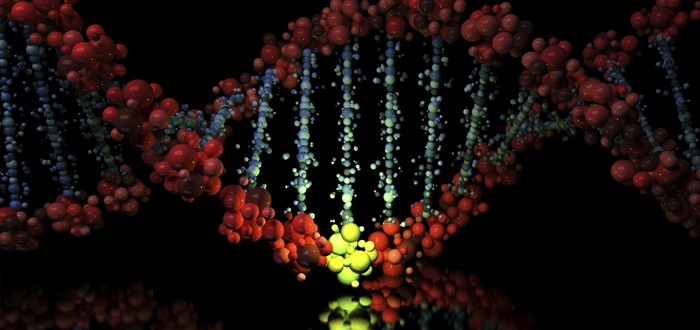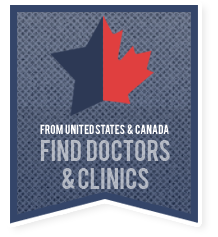Medical scientists have noticed that gene mutations found in mesothelioma are sometimes also found in other types of cancer.
This observation has led them to theorize that a drug proven to work well on a certain type of cancer, such as breast cancer, should also work well on mesothelioma.
At least it should if the breast cancer and the mesothelioma have the same gene mutation and the breast cancer drug is designed to be effective against that mutation in common.
To test the theory, the National Cancer Institute is sponsoring a study in July involving doctors, patients and researchers at more than 2,400 U.S. locations. The study is called NCI-MATCH.
The idea is to take a large number of cancer drugs and figure out which other cancers they might be useful against — besides the ones for which they were expressly developed and approved.
This will be accomplished by first identifying the cancers that have gene mutations in common. In particular, the researchers want to identify those mutations responsible for helping cancer cells thrive.
Recognizable Cancer Genes and Mutations
Some 3,000 patients have been enlisted for this study. All have cancer of one type or another.
Each will undergo a biopsy to remove tumor specimens. The researchers will then ship the collected cancers to the University of Texas MD Anderson Cancer Center in Houston for basic analysis.
From there, the specimens will be shipped to labs elsewhere for DNA sequencing. Each lab will be using test equipment and protocols from a single source. This ensures that the results are uniform in quality and reliability.
The test these labs will perform with this equipment recognizes almost 150 different cancer genes and can detect in excess of 4,000 mutations.
Prior to the DNA sequencing step, the researchers will have compiled a list of about 20 cancer drugs designed to target specific genes.
After the DNA sequencing step, the researchers plan to start matching patients and drugs.
They’ll do this by looking to see which of the cancer genes a patient has and then pairing that patient with one of the drugs known to target that particular cancer gene – even if the drug is for the treatment of a cancer the patient doesn’t have.
For example, say you’re one of the study patients and it turns out that the gene driving the growth of your pleural mesothelioma is the same one that Drug X for prostate cancer targets. You’ll then be put on a regimen of Drug X to see how it affects your mesothelioma.
Hoping for Range of Cancers, Including Mesothelioma
The researchers say they’ve spread this project among so many locations in order to be able to get biopsies done, analyses completed and drug match test results back with the least delay possible.
The researchers announced this ambitious study at the annual meeting of the American Society of Clinical Oncology in Chicago last month.
The American Cancer Society’s Chief Medical Officer Otis Brawley, M.D., was quoted as saying the study seeks to discover the lowest common denominator for each drug’s potential use.
“You might end up with 30 people, all with different kinds of cancer, getting the same drug,” he said.
The researchers say they hope to encounter rare cancers such as mesothelioma during the course of the study, not just the most common types like breast and prostate cancer.

